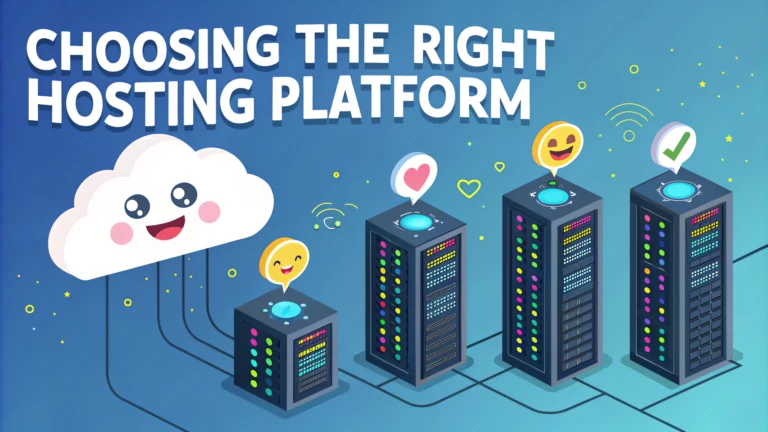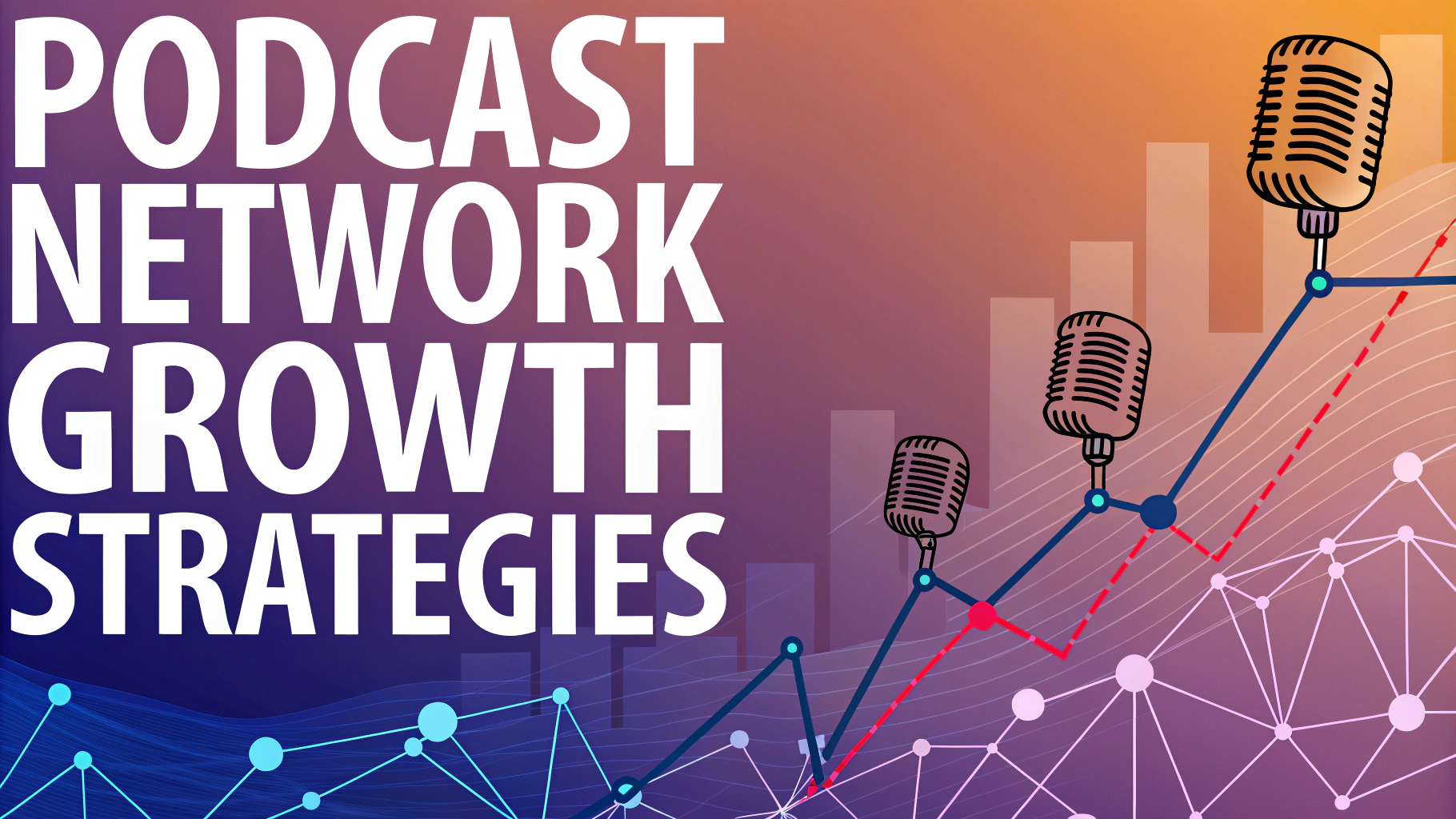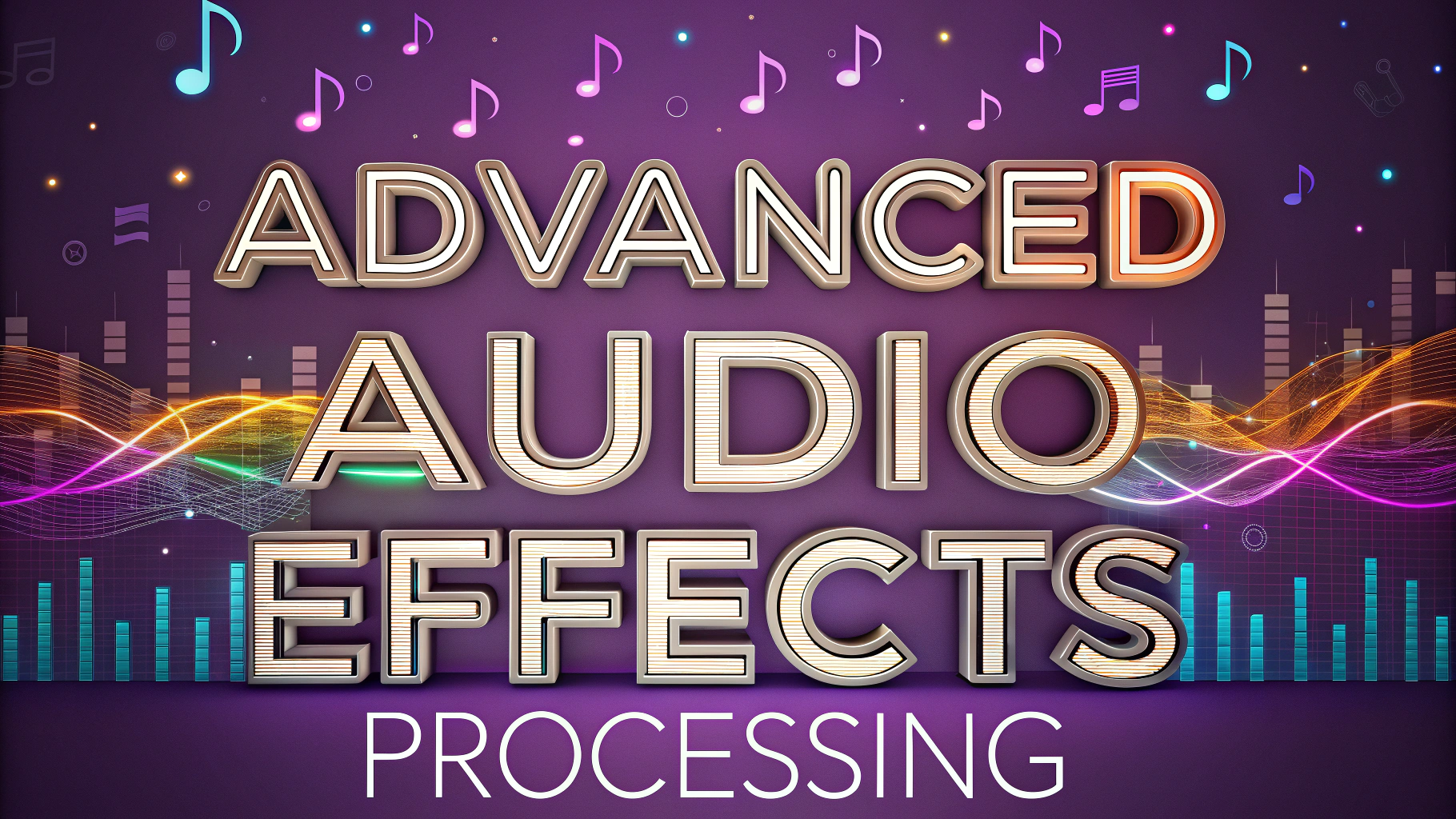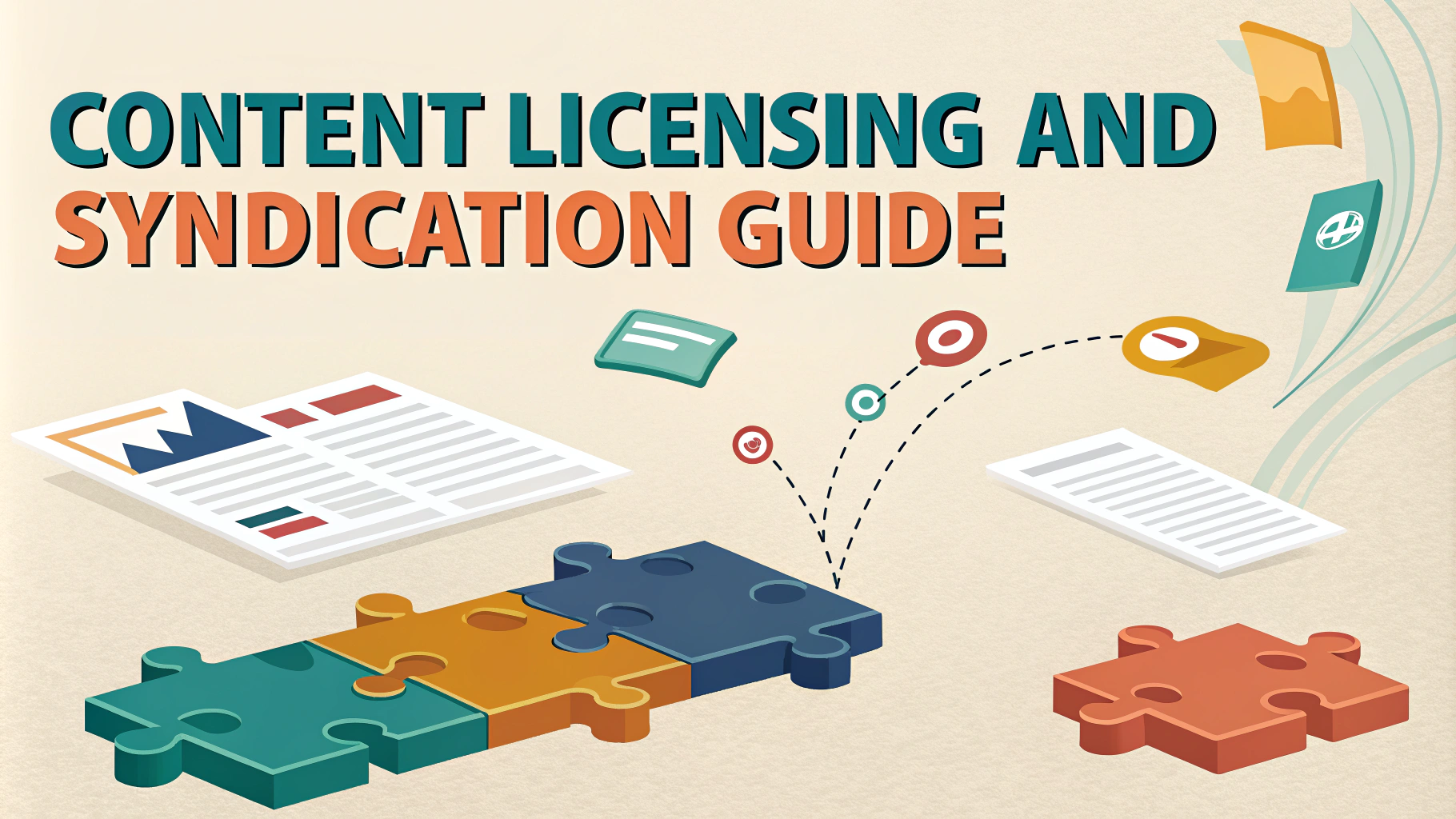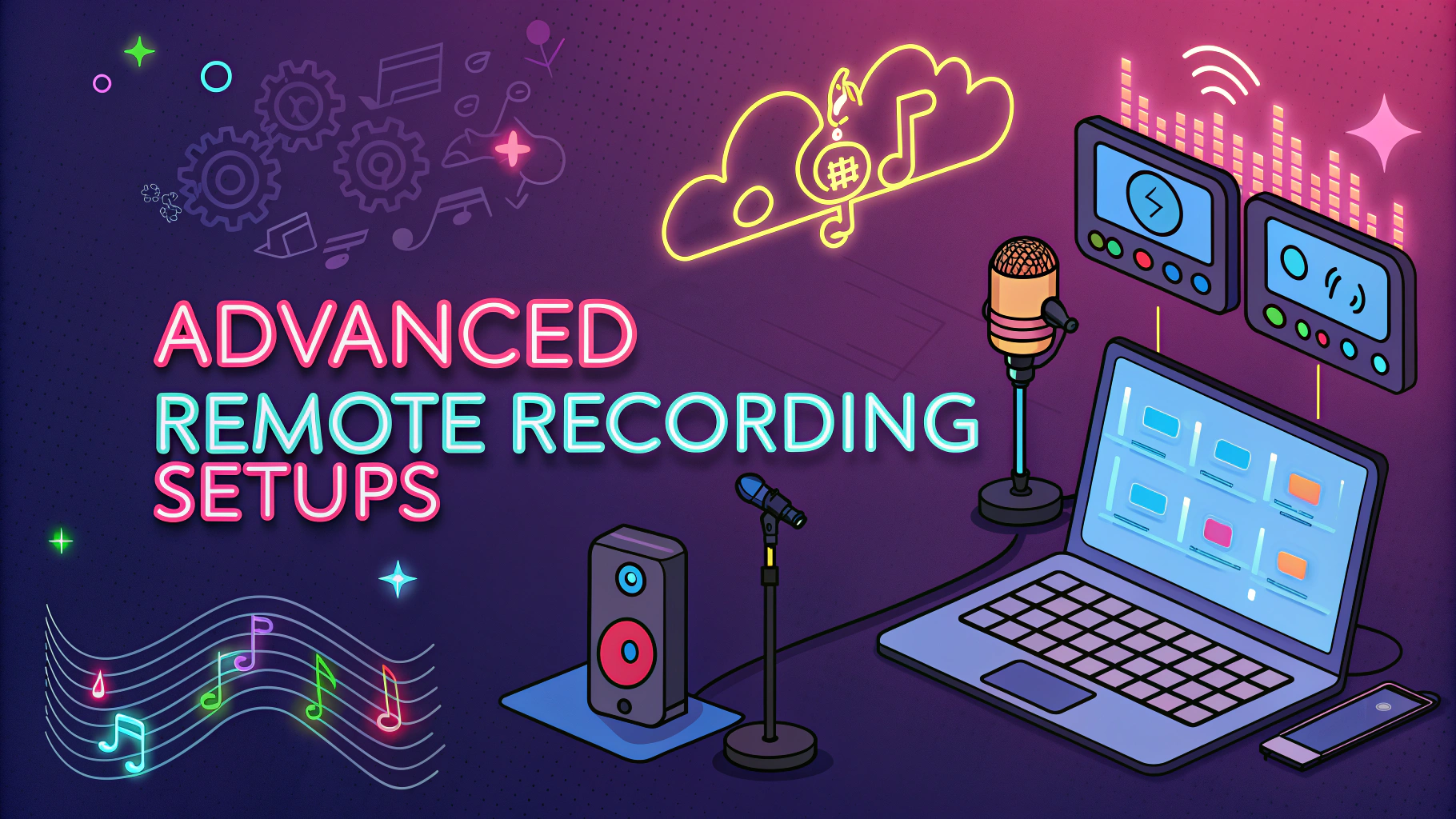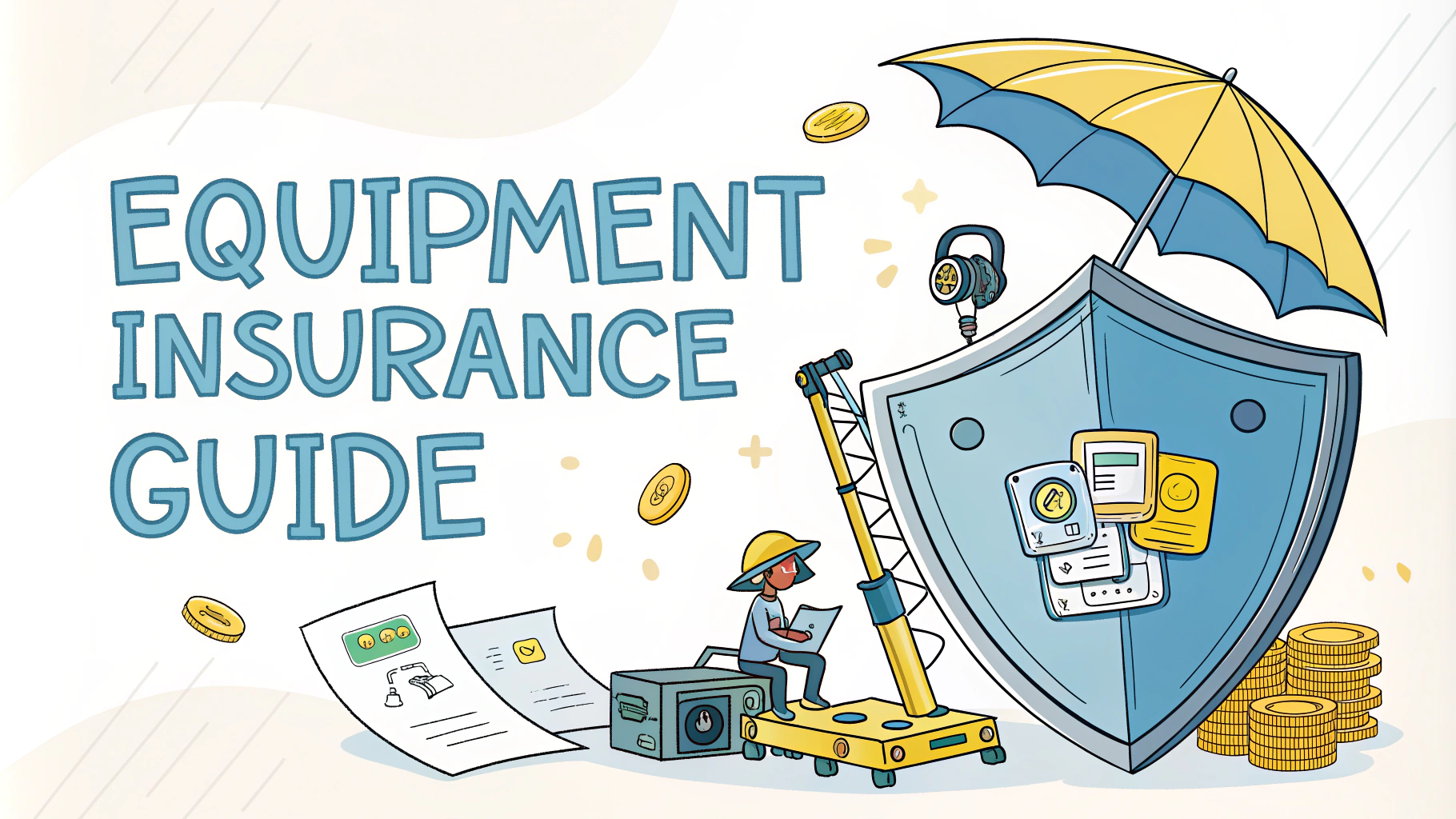Selecting a podcast hosting platform shapes every aspect of your show’s distribution, analytics, and growth potential.
The right hosting service provides reliable storage, easy-to-use tools for publishing episodes, and detailed listener statistics to help refine your content strategy.
This article breaks down the key factors to evaluate when choosing a podcast host, along with specific recommendations for different types of podcasters.
Essential Features to Look For
- Storage Space: At least 50MB per episode with room to grow
- Bandwidth: Unlimited downloads or high monthly limits
- RSS Feed Management: Easy feed creation and directory submission
- Analytics: Detailed listener metrics and geographic data
- Distribution: One-click publishing to major platforms
- Monetization Tools: Ad insertion and premium content options
Top Podcast Hosting Platforms
| Platform | Best For | Starting Price |
|---|---|---|
| Buzzsprout | Beginners | $12/month |
| Libsyn | Professional podcasters | $5/month |
| Podbean | All-in-one solution | $9/month |
| Transistor | Multiple shows | $19/month |
Storage and Bandwidth Requirements
A typical 30-minute audio episode at 128kbps requires approximately 30MB of storage space.
Monthly bandwidth needs depend on your listener count – multiply episode size by expected downloads.
Choose a plan with at least 3-4 times your current storage needs to allow for growth.
Analytics and Reporting Tools
Look for platforms offering IAB certified statistics for accurate listener counts.
Key metrics to track include downloads per episode, listener retention, and geographic distribution.
Advanced analytics like listener drop-off points and device types help optimize your content.
Distribution Capabilities
- Automatic publishing to Apple Podcasts, Spotify, and Google Podcasts
- Embedded player options for your website
- Social media sharing tools
- Custom RSS feed management
Monetization Options
Different platforms offer varying approaches to podcast monetization:
- Dynamic ad insertion
- Listener support and donations
- Premium content hosting
- Affiliate marketing tools
Making Your Final Choice
Start with a free trial to test the platform’s interface and features.
Consider your budget, technical needs, and growth plans when comparing options.
Check user reviews and community feedback before making a long-term commitment.
Contact the platform’s support team with specific questions about your podcast needs.
Next Steps for Your Podcast
Once you’ve chosen a host, set up your RSS feed and submit it to major podcast directories.
Test your feed and audio quality across different devices and platforms.
Document your publishing workflow to maintain consistency as your show grows.
Technical Considerations
Audio file compatibility and backup options are crucial for long-term success:
- MP3 format support with multiple bitrate options
- Automated backup systems
- Bulk upload capabilities
- File management and organization tools
Website Integration
Essential Website Features
- Customizable embedded players
- WordPress plugin compatibility
- Episode scheduling options
- Show notes and transcript support
Growth and Scaling
Plan for future expansion with these considerations:
- Multiple show management
- Team collaboration tools
- API access for custom integrations
- Network growth capabilities
Security and Reliability
Verify these security features before committing:
- SSL encryption
- Regular platform updates
- 24/7 technical support
- Content delivery network (CDN) coverage
Launch Your Podcast Success
Choose a hosting platform that aligns with your long-term podcasting goals and technical requirements.
Prioritize reliability and scalability over minor price differences between services.
Remember that switching hosts later can be challenging, so make an informed initial choice.
Start with a platform that offers room for growth and comprehensive support resources.
FAQs
- What are the main types of podcast hosting platforms available?
Podcast hosting platforms include dedicated podcast hosts (like Libsyn, Podbean, Buzzsprout), general media hosts (like SoundCloud), and integrated platforms (like Spotify for Podcasters, Anchor). - How much storage space do I need for podcast hosting?
A 30-minute audio episode at 128kbps typically requires about 30MB of storage. Monthly storage needs depend on episode length and frequency – weekly 1-hour episodes need approximately 250-300MB per month. - What features should I look for in a podcast hosting platform?
Essential features include RSS feed generation, analytics/statistics, distribution to major platforms, monetization options, scheduling capabilities, and reliable customer support. - How much does podcast hosting typically cost?
Prices range from free to $100+ monthly. Basic plans typically cost $10-20/month, while professional plans with advanced features cost $30-50/month. Some platforms offer annual discounts. - Do I need a separate hosting platform if I’m using WordPress?
Yes. While WordPress can host audio files, dedicated podcast hosting platforms offer specialized features, better bandwidth management, and proper RSS feed formatting for podcast directories. - Can I switch podcast hosting platforms later?
Yes, you can migrate to a different host. Most platforms offer migration tools or services to transfer your content and maintain your RSS feed URL through 301 redirects. - What analytics should my hosting platform provide?
Essential analytics include download numbers, listener demographics, geographic location, listening duration, device types, and IAB certification for accurate reporting. - Does the hosting platform affect my podcast’s audio quality?
No, the hosting platform doesn’t affect the original audio quality. However, some platforms may compress files during upload or offer automatic conversion to optimize file sizes. - What bandwidth limits should I consider when choosing a host?
Look for platforms offering at least 100GB monthly bandwidth for new podcasts. Popular shows may need unlimited bandwidth or higher limits to accommodate growing audiences. - Can I monetize my podcast through the hosting platform?
Many platforms offer built-in monetization features like dynamic ad insertion, premium content options, listener support programs, and sponsorship marketplaces.
